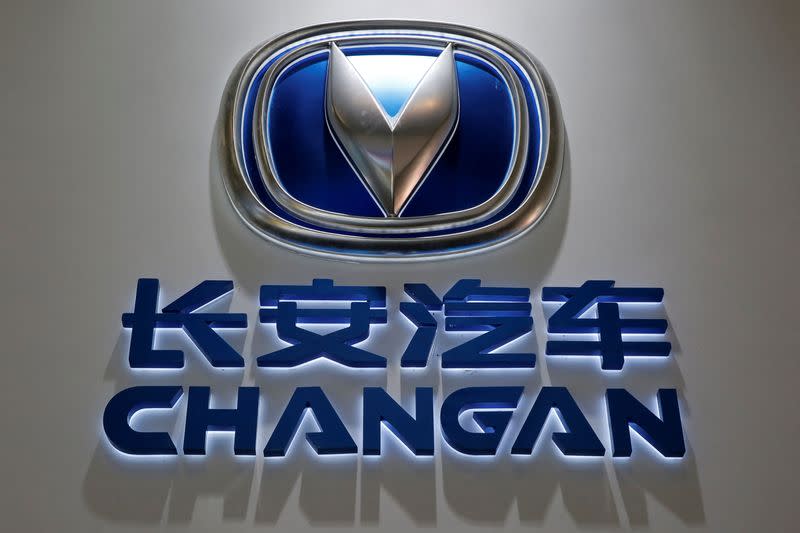China's Changan denies arbitrarily cutting payments to suppliers

BEIJING/SHANGHAI (Reuters) - China's Chongqing Changan Automobile, in a statement sent to Reuters on Wednesday, denied allegations reported in local media that it had arbitrarily cut payments to suppliers by 10%.
The state-owned automaker said it was normal to negotiate prices regularly with suppliers due to changes in raw material costs, demand, and supply and product innovations. It also denied it had received a letter from suppliers complaining about cutting payments to them.
Some suppliers to Changan have written to the automaker after it cut their payments by 10%, saying they were unfairly being forced to pay for the industry's bruising price war, according to screenshots of a letter first circulated on Chinese social media late on Monday.
Reuters confirmed with two supplier sources familiar with the matter that the letter addressed to Changan's procurement department was sent to the company.
One of the sources said the amount by which Changan was asking suppliers to reduce their prices varied, with some bigger suppliers asked to absorb cuts of less than 10%.
(Reporting by Qiaoyi Li, Zhang Yan and Brenda Goh; Editing by Tom Hogue and Kim Coghill)

 Yahoo Finance
Yahoo Finance 